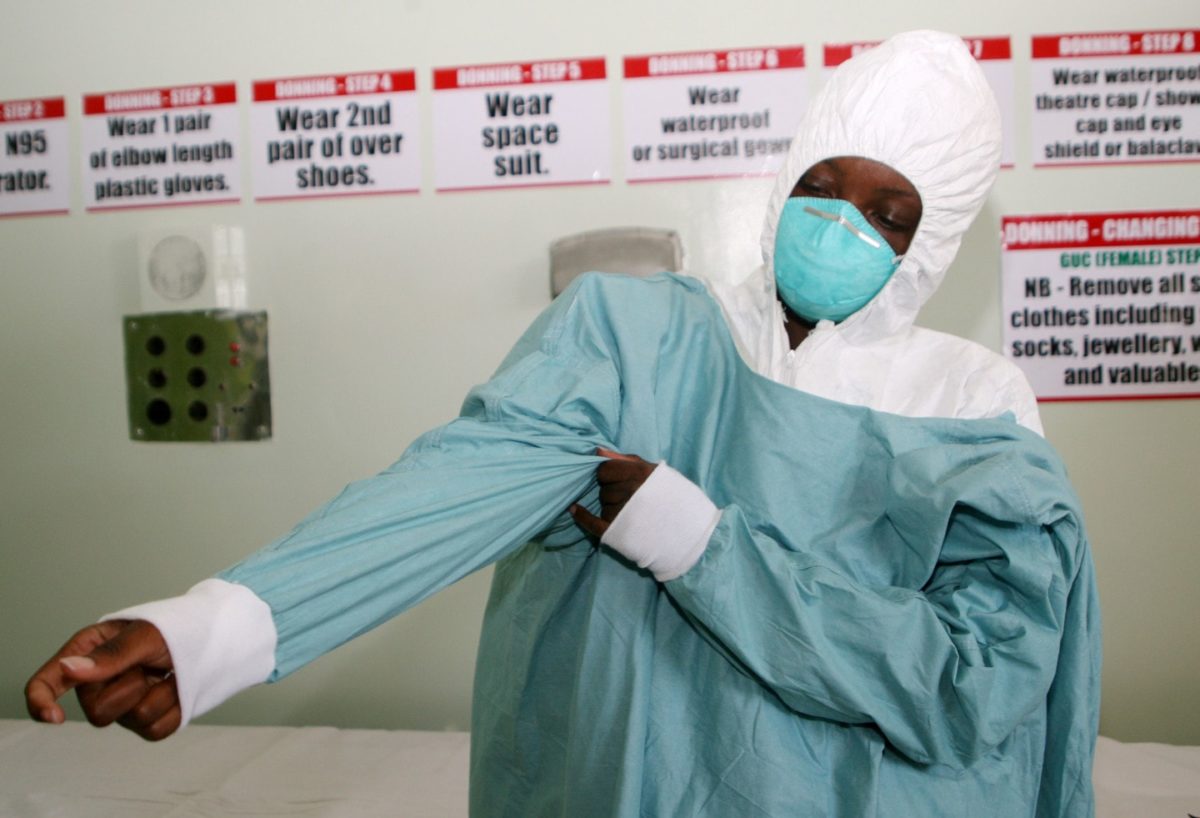by Shongedzai Mugwagwa
President Emmerson Mnangagwa has officially launched the Zimbabwe Covid-19 National Preparedness and Response plan today, 19 March 2020, at State House.
In his address, President Mnangagwa said that the pandemic has severely affected global economies and shaken the most developed health systems in the world.
He added that no country is immune to the pandemic.
“In the past few weeks, we have seen a major decline in the economic spheres of our all-weather trading partners and the rest of the world. Therefore, my administration saw it prudent to step up the level of preparedness to avoid the import of the pandemic in the country.
“Given the trend, it is now, not matter of if but when will the country record its first Covid-19 case,” said President Mnangagwa.
Resultantly, the President expressed concern at the degree of vulnerability associated with the people of Zimbabwe who are suffering malnutrition and the HIV prevalence in the country, and cautioned that the country needs to be more than prepared to avoid importation of the pandemic.
“With the HIV prevalence in the country standing at 14 percent or slightly below and the malnutrition and other non-communicable diseases in the country, we are deeply concerned about the impact Covid-19 will have in Zimbabwe. This situation is a real threat to all the citizens of our mother country,” he said.
The launched Covid-19 policies, aims at slowing or stopping transmission, prevent outbreaks and delay the spread, provide optimised care for all patients especially the seriously ill and minimise the impact of the epidemic on health systems, social services and economic activity.
The document noted that the country has not yet recorded any confirmed Covid-19 case and therefore the major aim is to minimise or stop transmission. In this regard, surveillance has been enhanced in the country, by dealing with activating emergency response mechanisms, contact tracing, monitoring, and quarantine of contacts and isolation of cases.
The plan launched today is hinged on the World Health Organisation (WHO)’s 8 set pillars that aim at addressing situations from the moment there is no confirmed case to when there are confirmed.
These pillars are; coordination, planning and monitoring, risk communication and community engagement, surveillance, rapid response and case investigation, enhancing and equipping points of entry, capacitating the National Medical Reference Laboratory (NMRL) as the designate laboratory for Covid-19, enhance infection and prevention control and logistics, procurement and supply.




